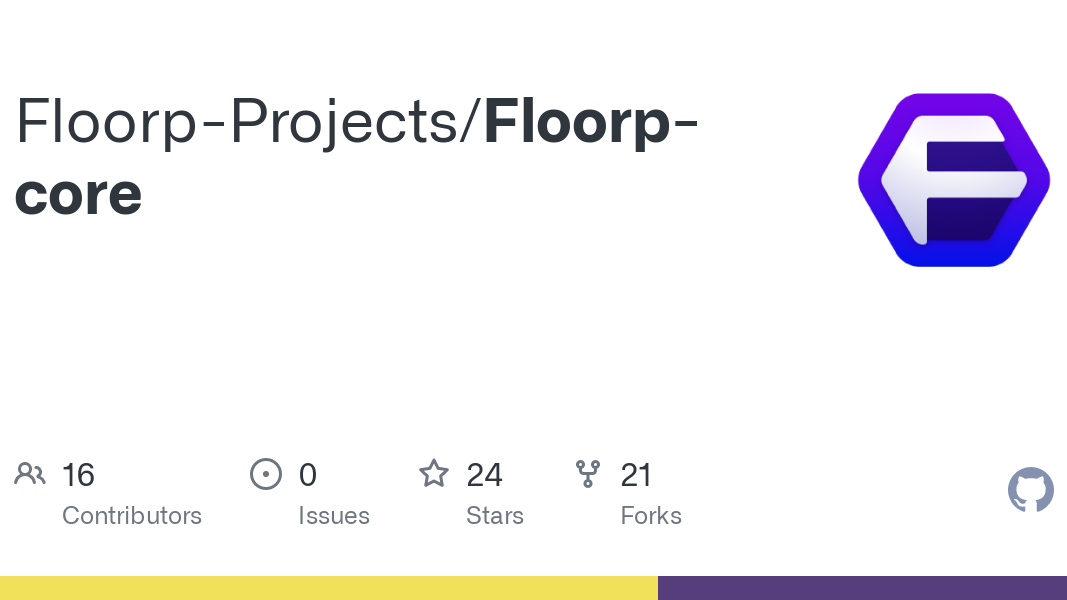Andromxda 🇺🇦🇵🇸🇹🇼
Mastodon: @Andromxda@infosec.exchange
wiki-user: Andromxda
- 3 Posts
- 157 Comments

 1·3 months ago
1·3 months agoOh that sucks. I haven’t used it personally in quite a while, since I switched to the Grafana stack

 5·3 months ago
5·3 months agoNetdata is exactly what you’re looking for. It’s basically an all in one monitoring and and alerting suite that collects and analyzes data, and provides a gorgeous web dashboard for you to view.
You can also manually replicate this using Prometheus, Grafana and other tools, but that requires a much bigger effort to set up.
Edit: There’s a public demo instance where you can try everything out: https://frankfurt.netdata.rocks/

 3·3 months ago
3·3 months agoAnd, FFS, make backups ;)
Here’s a good tutorial for an easy to use backup solution: https://www.youtube.com/watch?v=W30wzKVwCHo

 2·3 months ago
2·3 months agoI fully agree

 1·3 months ago
1·3 months agoI don’t think it is. The first comment (the one you’re referring to I suppose) just doesn’t make any sense. The commenter is throwing around random buzzwords trying to sound educated and asking incredibly stupid questions on purpose. It’s not fair criticism of the project at all. The secureblue account also replied to this, clarifying the misinformation from the first comment.

 1·5 months ago
1·5 months agoDamn, ok that’s really weird. Have you tried asking in the Universal Blue/Bazzite forum? https://universal-blue.discourse.group/

 7·5 months ago
7·5 months agoYou forgot the /s

 2·5 months ago
2·5 months agoOoh, I see, a true BSD user!

 6·5 months ago
6·5 months agoHDR support is there in KDE Plasma 6, works flawlessly for me

 4·5 months ago
4·5 months agoPipePipe has been around for quite some time, at least 2 years I believe

 1·5 months ago
1·5 months agoI was searching for any native(non-proxied) YouTube client for Android in kotlin.
You can always turn off the proxying in LibreTube

 4·5 months ago
4·5 months agoA good portion of Android itself is written in Java, and is not expected to get ported to Kotlin any time soon

 3·5 months ago
3·5 months agoNot using the Piped or Invidious API to proxy the video stream, since these tend to get blocked by YouTube really quickly

 24·6 months ago
24·6 months agoPeppermint - not Ubuntu, but Debian, so it’s pretty similar

 1·6 months ago
1·6 months agoWhen do you think will Valve enable this by default in SteamOS? It would greatly help the little Steam Deck with playing more performance-intensive titles.



20 years ago desktop Linux wasn’t nearly as good as it is nowadays. They were also influenced by Micro$oft lobbyists, who threatened to move their headquarters out of Munich, causing millions of lost tax revenue for the city.